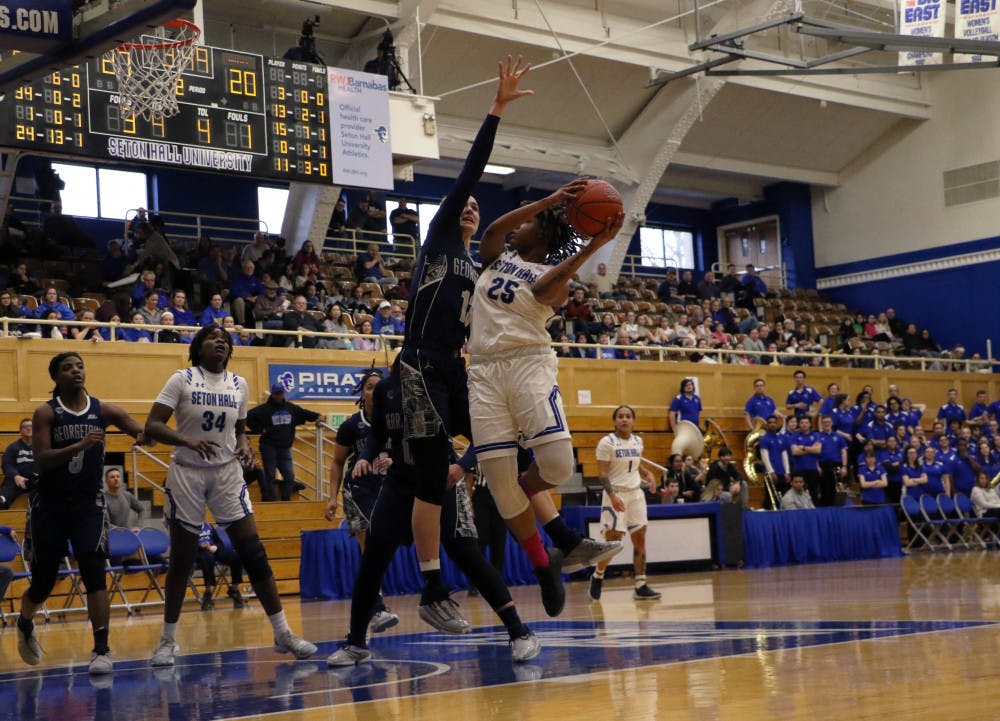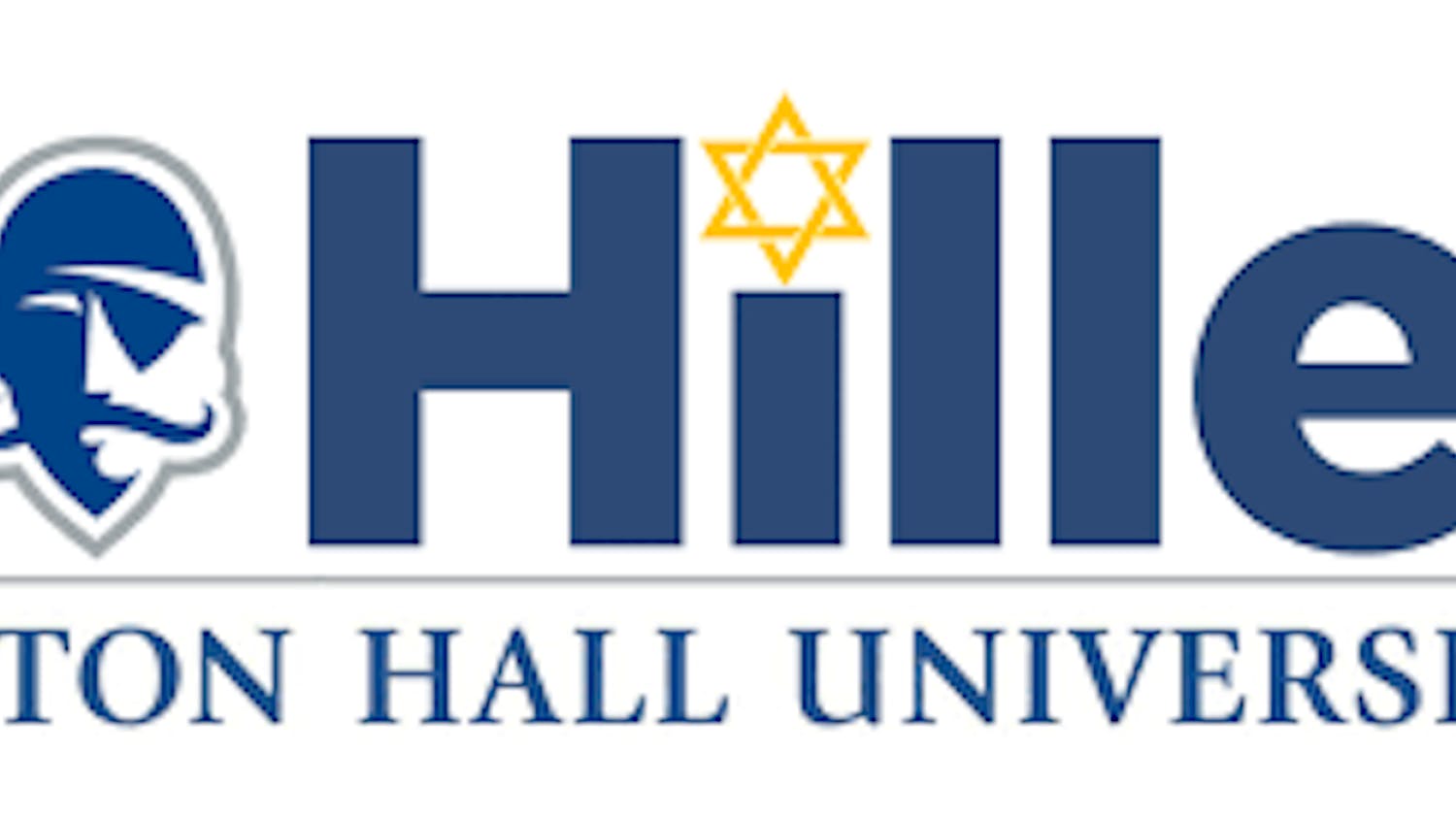
Joey Khan/Staff Photographer
Nobel Laureate Leymah Gbowee today praised the United States for acting to send substantial help to fight against the spread of Ebola in her native Liberia and other West African nations, but she criticized President Obama for deciding to use military troops to do the job.
“We did not need military men. We needed health care practitioners,” Gbowee said. “In Liberia, we have almost no health infrastructure – bringing 3,000 troops on the ground just to help with logistics is a waste of money.”
Gbowee spoke at a news conference at Seton Hall Thursday afternoon just before she addressed students and faculty at the University’s World Leaders Forum.
Although Ebola may be curable, the current outbreak is already the deadliest occurrence since the disease was discovered in 1976, with over 5,000 dead and 14,000 reported cases. Liberia, hit hardest by the virus, makes up over half of the victims.
“He did a brave thing when everyone else globally was still playing around,” she told reporters, referring to President Obama. However, she said instead of sending military troops, it would have been more useful to have focused on making improvements in Liberia’s fragile health infrastructure.
“Do I blame [Obama]? No, because our own governments in Liberia, Sierra Leone and Guinea are to blame. They were not interested until senior government officials began to get infected with the virus,” Gbowee said. “Corruption and lack of coordination all played into this virus”.
The Obama administration plans to tackle the epidemic with a four-step plan which the President outlined in an address in September: control the outbreak, address the ripple effect on local communities, coordinate an increased global response, and build up a better public health system across Africa. Specifically, the President plans to send 3,000 troops to Liberia’s capital, Monrovia, and build 17 health centers with 100 beds to treat victims. The U.S. mission will also set up a facility to train 500 health care workers per week.
“This is an epidemic that is not just a threat to regional security – it’s a potential threat to global security if these countries break down, if their economies break down, if people panic,” Obama said. “That has profound effects on all of us, even if we are not directly contracting the disease.”
Gbowee said she hoped that funding would go to supporting local Liberian doctors, such as those working at the ELWA Hospital, who have been helping women through their pregnancies for free.
In her address at the World Leaders Forum, called “The Butterfly Effect: Local Actions Informing Global Response,” Gbowee explained to students, faculty and alumni that the health crisis in Ebola highlights the pressing need for health professionals and basic services, especially for women and children.
Gbowee was awarded the Nobel Peace Prize in 2011 for her work with the Women of Liberia Mass Action for Peace movement, which helped to end Liberia’s bloody civil war. Armed with just white t-shirts and a prayer for peace, their non-violent struggle aided in exiling Charles Taylor, a corrupt warlord, and enabled a free election in 2005 that Ellen Johnson Sirleaf won, becoming the first female head of state in Africa.
For those at Seton Hall who want to help, Gbowee urged students to “practice local before you go global.” Getting involved with your own community is the first step, she said. In response to Ebola, she advocated awareness over everything else. “Educate the people in this country. Tell others that you cannot get Ebola just from shaking hands with a Liberian,” she said.
Madison McHugh can be reached at madison.mchugh@student.shu.edu.





